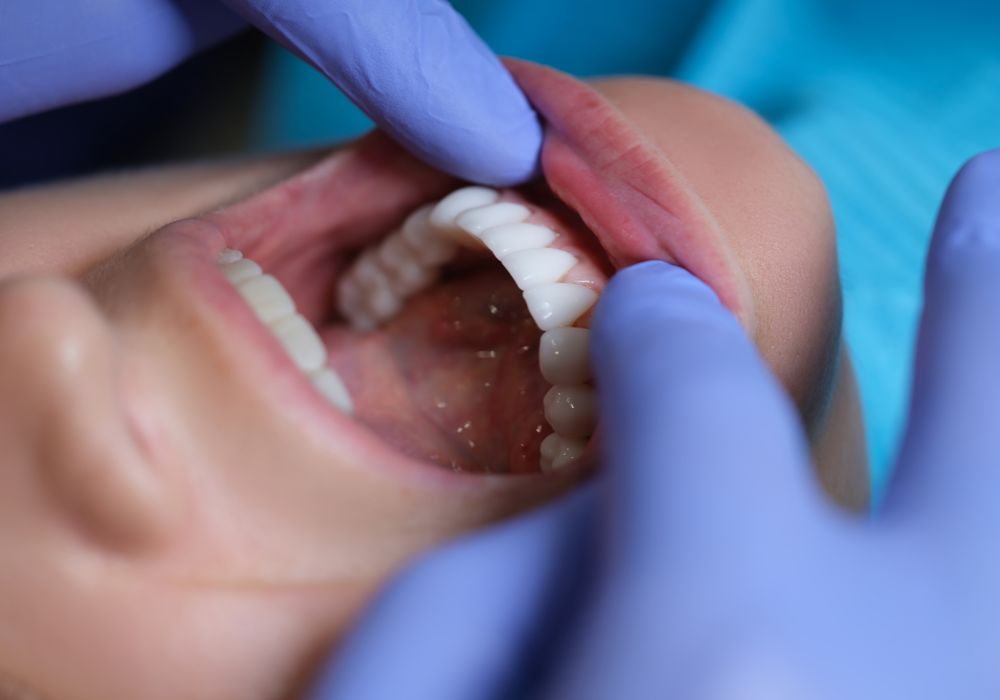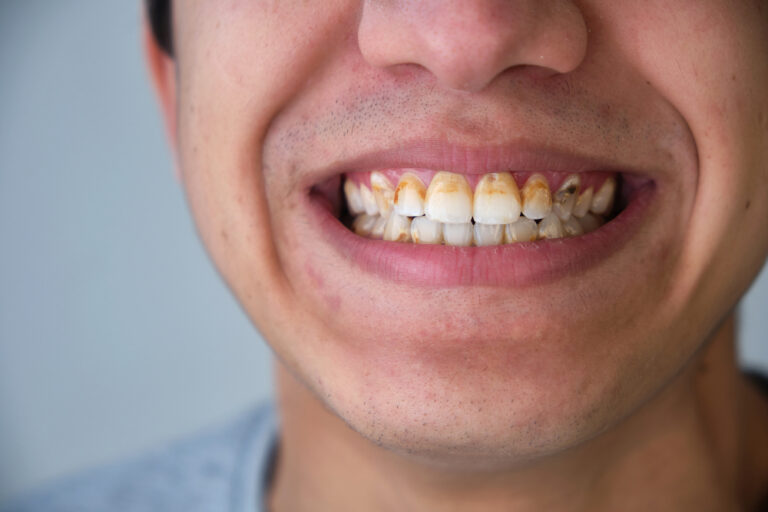Maintaining good oral health is crucial for overall well-being and should be a top priority for individuals of all ages. Neglecting dental hygiene can lead to a multitude of problems, ranging from dental cavities and gum disease to more severe conditions that can affect overall health.
The Importance of Oral Hygiene
Proper oral hygiene practices, such as brushing, flossing, and regular dental check-ups, play a vital role in preventing various dental problems. These practices help remove plaque, a sticky film of bacteria that constantly forms on teeth and can lead to tooth decay and gum disease.
Tooth Decay and Gum Disease
Tooth decay, also known as dental caries, is one of the most common oral health problems. It occurs when the acids produced by the bacteria in plaque erode the tooth enamel, leading to the formation of cavities. If left untreated, cavities can progress deeper into the tooth, causing pain, infection, and potentially leading to the need for more extensive dental treatments or even tooth loss.
Gum disease, also called periodontal disease, is another prevalent oral health issue. It occurs when plaque accumulates along the gum line, causing inflammation and infection of the gums. In its early stage, known as gingivitis, gums may become red, swollen, and prone to bleeding. If left untreated, gingivitis can progress to periodontitis, a more severe form of gum disease that can lead to bone loss, tooth loosening, and ultimately, tooth loss.
The Connection Between Oral Health and Overall Health

Research has shown that poor oral health can have far-reaching consequences beyond the mouth. Numerous studies have linked gum disease to an increased risk of various systemic conditions, including heart disease, stroke, diabetes, and respiratory infections.
Cardiovascular Disease
The link between gum disease and cardiovascular disease has been extensively studied. The inflammation and bacteria associated with gum disease can potentially enter the bloodstream, contributing to the formation of blood clots and the narrowing of arteries. This increased risk of atherosclerosis can lead to heart attacks and strokes.
Diabetes
Diabetes and gum disease have a bidirectional relationship. Individuals with diabetes are more susceptible to developing gum disease due to the impaired ability to fight infections. Conversely, severe gum disease can make it more challenging to control blood sugar levels, potentially exacerbating diabetes complications.
Respiratory Infections
The bacteria present in the mouth can be aspirated into the lungs, leading to respiratory infections. This risk is particularly high for individuals with compromised immune systems or those residing in long-term care facilities. Maintaining good oral hygiene can help reduce the risk of developing pneumonia and other respiratory complications.
The Impact on Overall Quality of Life

Beyond the physical health implications, poor oral health can significantly impact an individual’s quality of life. Dental problems can cause pain, discomfort, difficulty eating, and speech impairments, all of which can lead to social and psychological consequences.
Appearance and Self-Esteem
Oral health issues, such as tooth discoloration, tooth loss, and gum disease, can negatively impact an individual’s appearance and self-esteem. A bright, healthy smile can boost confidence and self-assurance, affecting various aspects of life, including personal and professional interactions.
Nutritional Intake
Individuals with dental problems may experience difficulty chewing and consuming certain foods, leading to nutritional deficiencies and potential weight loss. Poor oral health can limit an individual’s ability to maintain a balanced and varied diet, which is essential for overall health and well-being.
Preventative Measures and Regular Dental Care
Maintaining good oral health requires a combination of daily practices and professional dental care. Individuals should practice proper brushing and flossing techniques, use fluoride toothpaste, and consume a balanced diet rich in essential nutrients.
Regular dental check-ups and professional cleanings are equally important. Dentists can detect and treat oral health problems early, preventing them from progressing and causing more severe complications.
It is important to choose good dentists. A good dentist can give you an amazing experience.
For dentist in Harley Street Oral Reconstruction Centre, they pride theirselves on theit ability to treat each and every patient. No matter how complex, they will use their knowledge and state-of-the-art equipment to treat a range of dental problems.
Dentist in Marlborough is confident in their high-quality, ethical treatment. And you will be provided with a personalised treatment plan there.
We include a complimentary review appointment after 3-weeks to ensure your satisfaction following on from any treatment.
In summary, maintaining good oral health is essential for overall well-being. It not only prevents dental problems but also contributes to better overall health and an improved quality of life. By prioritizing dental hygiene and seeking regular professional care, individuals can enjoy a healthy smile and reduce the risk of various systemic diseases.
Conclusion
Maintaining excellent oral health is a crucial aspect of overall well-being that should not be overlooked. By adopting proper oral hygiene practices and seeking regular dental care, individuals can prevent a wide range of dental problems and associated systemic conditions. Neglecting oral health can lead to tooth decay, gum disease, and even increase the risk of heart disease, stroke, diabetes, and respiratory infections. Furthermore, poor oral health can significantly impact an individual’s quality of life, affecting their appearance, self-esteem, nutritional intake, and overall well-being. Therefore, it is imperative to prioritize dental hygiene and seek professional dental care regularly to maintain a healthy smile and overall health.
FAQ
- Q: How often should I visit a dentist for a check-up?A: It is generally recommended to visit a dentist every six months for a routine check-up and professional cleaning. However, the frequency may vary based on individual risk factors and the dentist’s recommendation.
- Q: Can poor oral health affect my overall health?A: Yes, poor oral health has been linked to various systemic conditions, including heart disease, stroke, diabetes, and respiratory infections. The inflammation and bacteria associated with gum disease can potentially enter the bloodstream and contribute to these health issues.
- Q: What are the signs of gum disease?A: Common signs of gum disease include red, swollen, and bleeding gums, persistent bad breath, receding gums, and loose teeth. If you notice any of these symptoms, it is essential to seek professional dental care promptly.
- Q: How can I prevent tooth decay?A: To prevent tooth decay, practice good oral hygiene by brushing twice a day with fluoride toothpaste, flossing daily, using an antimicrobial mouthwash, and limiting sugary and acidic foods and drinks. Additionally, regular dental check-ups and professional cleanings are essential.
- Q: Can poor oral health affect my child’s development?A: Yes, poor oral health in children can lead to pain, difficulty eating, speech problems, and missed school days. This can negatively impact their overall development, growth, and academic performance. It is crucial to establish good oral hygiene habits early in life and seek professional dental care for children.







